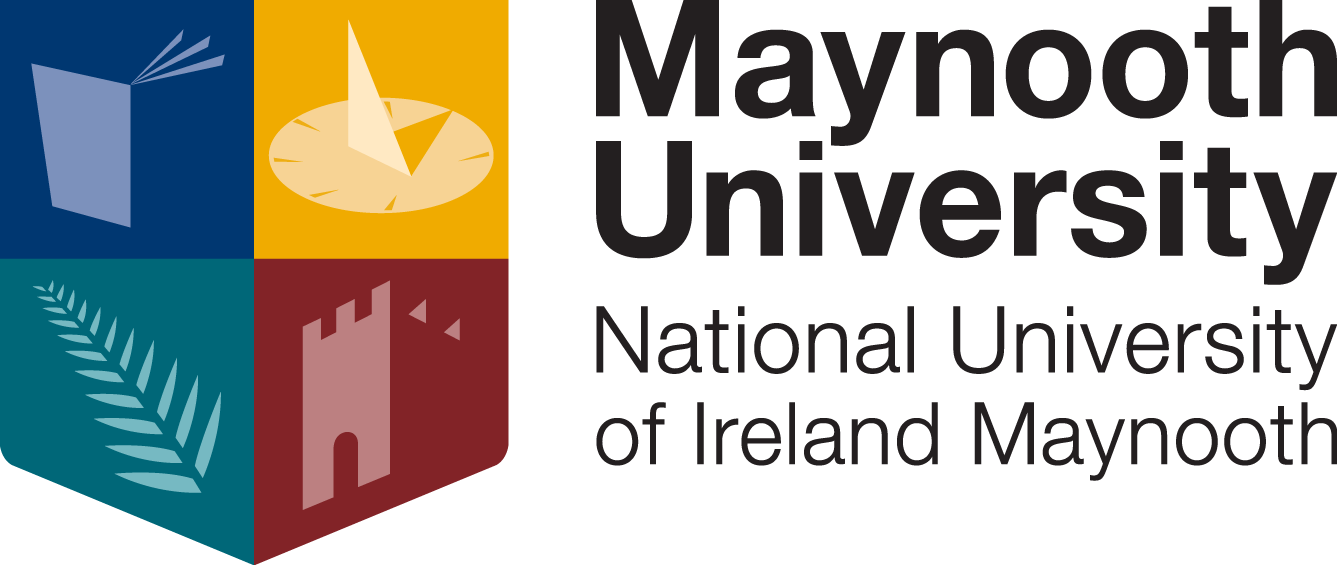Schedule
-
Fri. 12th May - 11:00 to 12:00. Matej Ulicny & Jeremy Chopin.
Title: t.b.d. Room 317 in Hamilton.
-
Fri. 28th April - 11:00 to 12:00
Hadi Tabatabaee:
Complex event processing for smart city monitoring applications
Location: Room 317 in Hamilton.
ABSTRACT: Managing multi-tenant edge devices with heterogeneous capabilities scattered across an urban area requires significant communication and computing power, which is challenging when devices are also resource-constrained. These devices play a crucial role in smart city monitoring systems by notifying municipal organizations about ongoing complex events and enabling smart city systems (e.g., urban traffic detection and air pollution monitoring) to use these devices to discover the affected regions by these events. A complex event is inferred from patterns of different individual primitive events according to their spatio-temporal information. Complex event processing (CEP) systems facilitate applications to define their reasoning rules based on event processing languages (EPL), similar to SQL. Some recent approaches in complex event processing use a publish-subscribe architectural pattern to decouple simple event producers from complex event consumers. However, they did not fully address communication efficiency or diverse quality of service (QoS) requirements in aggregating events. Besides, current CEP languages and engines do not efficiently support spatial data characteristics. Geospatial CEP is challenging because 1) the applications have diverse definitions for complex events (e.g., air quality index); 2) IoT devices have heterogeneous specifications/capabilities; 3) complex events may happen concurrently. This seminar will introduce our latest work in devising a new architecture integrating the publish-subscribe architectural pattern with software-defined network technology for urban monitoring applications. The architecture enhances monitoring applications with distributed processing capabilities and complex event detection. It also enables application developers to define QoS requirements and supports the TESLA complex event specification language. Then, it introduces the Geo-Tesla language that enables smart city applications to define spatial attributes in complex event definitions and reasoning rules. Finally, it introduces the devised GeoT-Rex CEP engine that implements geospatial operations that compiles Geo-Tesla language and processes the spatial data. The integration of Geo-Tesla and GeoT-Rex enables applications to process complex events with spatial characteristics in their reasoning rules and identify boundaries of the detected complex event (event footprint).
-
Wed. 26th October - 13:00 to 14:00: Hamilton seminar room
Chih-Hong Cheng from Fraunhofer IKS
When neural networks meet dependability
Abstract: Neural networks (NN) have been introduced in safety-critical applications from autonomous driving to train inspection. I argue that to close the demo-to-product gap, we need scientifically rooted engineering methods that can efficiently improve the quality of NN. In particular, I consider a structural approach (via GSN) to argue the quality of neural networks with NN-specific dependability metrics. A systematic analysis considering the quality of data collection, training, testing, and operation allows us to identify many unsolved research questions: (1) How to create a weaker form of data completeness while admitting the combinatorial explosion of scenarios? (2) How to overcome the specification problem for formal verification, where input as images can be hard to characterize? (3) How to justify that a decision made by the network is supported by prior similarities in the training data? Some of my conducted prior work will be concisely mentioned with a statement on their limitations.
Bio: Chih-Hong Cheng is currently a researcher at Fraunhofer IKS, acting as the head of the research department on safety assurance for AI. His research interests include software engineering, formal methods, and AI/ML for trustworthy autonomy. He had extensive collaborations with leading companies in domains including industrial automation, railway, and automotive. Apart from his daily duties, he also serves as an international expert (subteam lead) for the ISO 8800 publicly available specification in safety and AI for automotive. Chih-Hong obtained his doctoral degree from TU Munich.
|
Schedule
|

